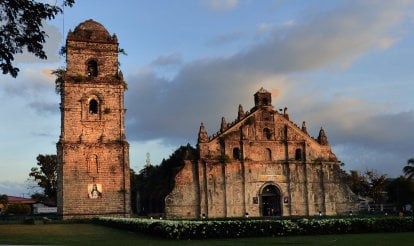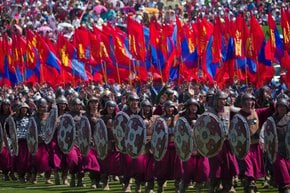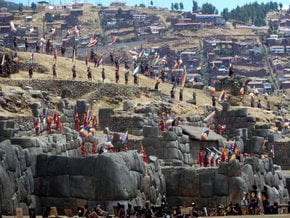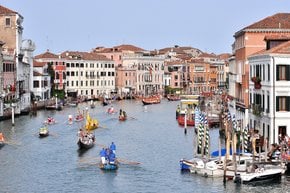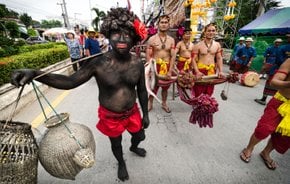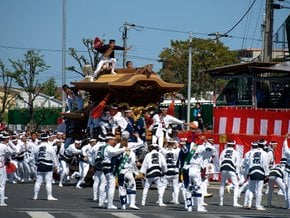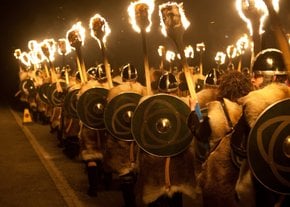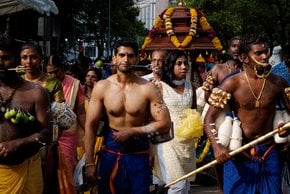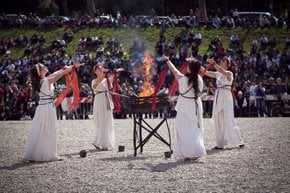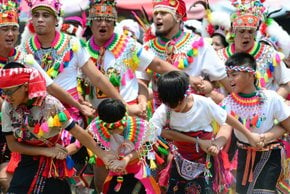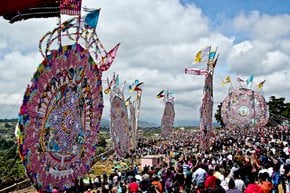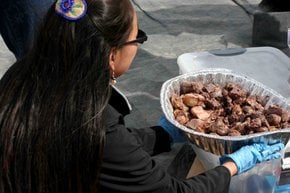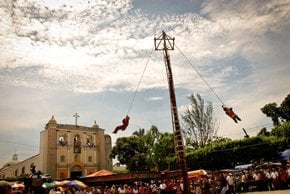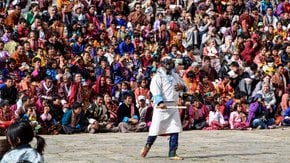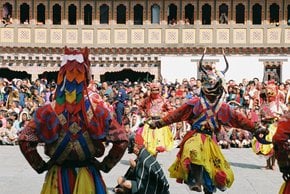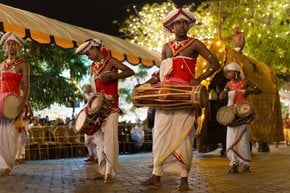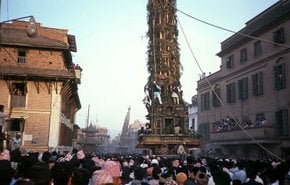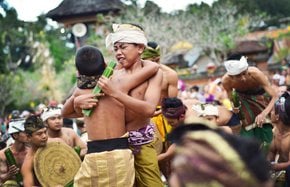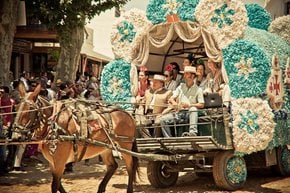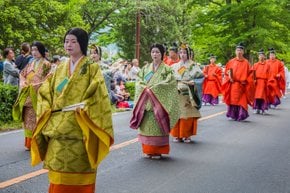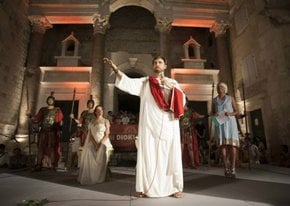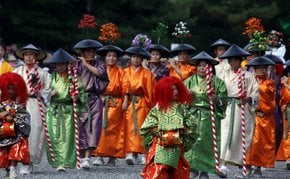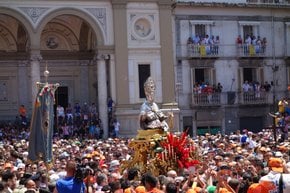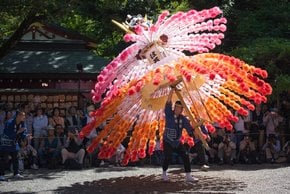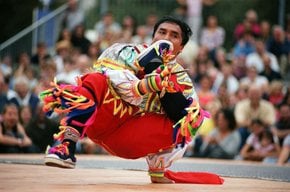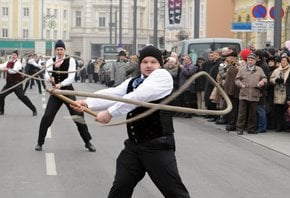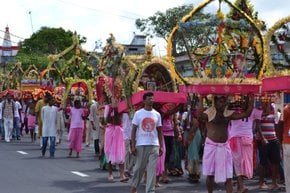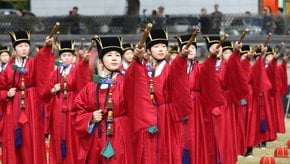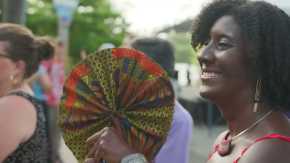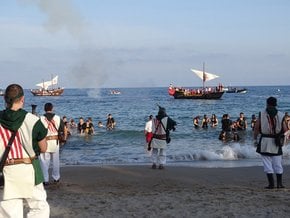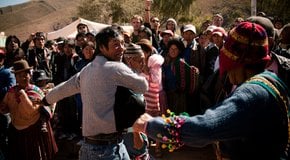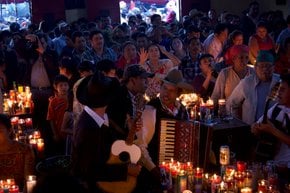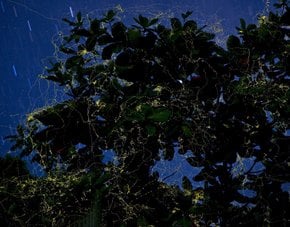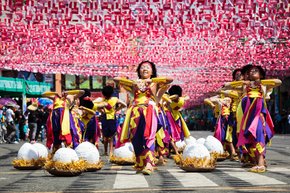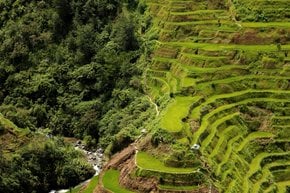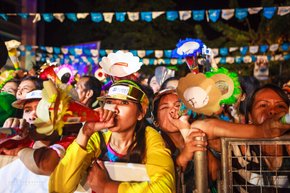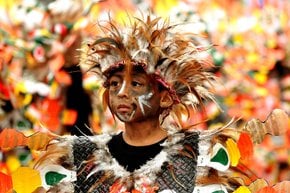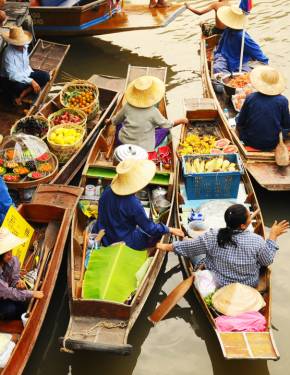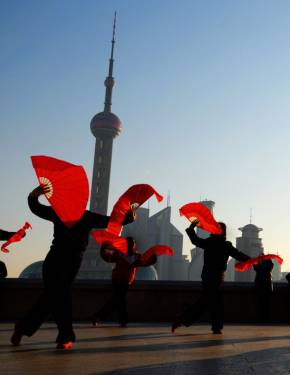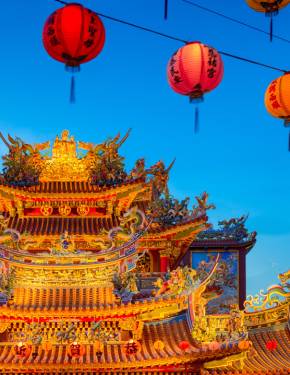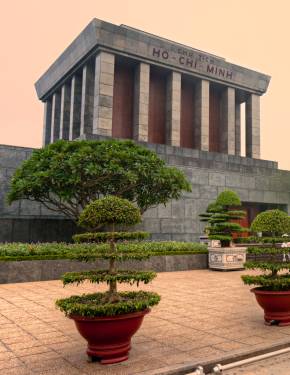Guling-Guling Festival 2025 in Philippines
Join this tradition, which has been celebrated for more than 400 years
Dates: March 4, 2025
Guling-Guling is a traditional festival introduced by Spanish monks in the early 16th century. Celebrated in Paoay, Ilocos Norte, it takes place on the Tuesday before Ash Wednesday, marking the final day of merrymaking before the Lenten season begins.
Celebration Highlights
The celebration begins with the "Guling" ritual, meaning "mark" or "sign." In the past, the town mayor would mark people's foreheads with a white cross made from wet rice flour, symbolizing purification from past sins. Today, the ceremony is held at Paoay Church, where the parish priest marks the foreheads of participants with a cross. This act serves as both a blessing and a reminder of Ash Wednesday, which marks the beginning of Lent.
One of the highlights of the Guling-Guling Festival is a vibrant dance parade where men and women wear traditional clothing, jewelry, and accessories. The air is filled with traditional Ilocano folk songs played on native instruments like gongs and kulintang, while the rhythmic drumming and harmonious gongs invite both locals and visitors to join in the celebration.
Traditional Dishes
Following the street dancing and other celebrations, the town's residents come together for a communal meal, sharing dishes that highlight the local cuisine and the area's agricultural wealth. This is a unique opportunity to try several kinds of local food. Dudol, for instance, is a delicacy also made from rice flour, as well as coconut milk, sugarcane juice, and anise. Usually, people share this dish with their family and friends. Another thing to try is sweet and sour Basi, also known as sugar cane wine. It is the official drink of the festival, made naturally from sugar cane extract flavored with ground glutinous rice, java plum bark, and other fruit and barks.
Origins
The Guling-Guling Festival has its roots in the Catholic Church's pre-Lenten rites, where people undergo symbolic cleansing before the solemn period of Lent. Introduced by the Spanish, the festival allowed the local community to merge their indigenous traditions with Catholic practices. According to legend, it was created as a joyful celebration before the austerity of Lent, where merrymaking gave way to fasting and reflection. Over the centuries, the festival has evolved into a celebration of Paoay's cultural identity, blending pre-colonial customs with Spanish religious influence.

